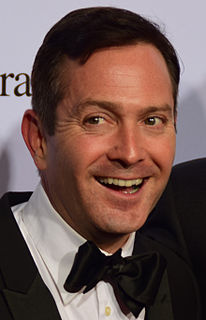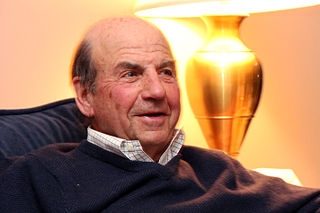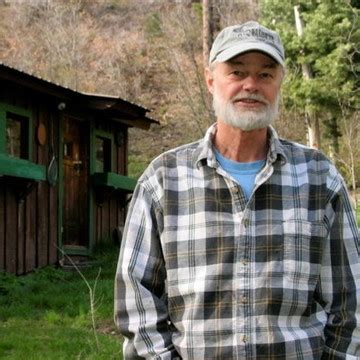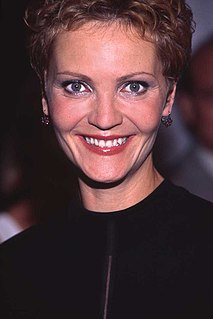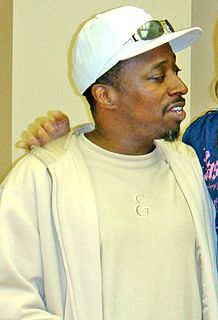A Quote by Thomas Lennon
If you're a studio writer, the funny better be on the page.
Related Quotes
All those awkward moments - that's on the cast for doing such an amazing job. I think it was funny on the page, but when they did it, you definitely went, "Oh!" Watching it with a crowd that, like you said, was not expecting it to be funny, but then genuinely finding it funny, is totally a credit to their performances.
When you're on a daytime drama you get one page, you better damn well know your character. You better know what she would do in every situation because it's a very, very fast paced business. You do ninety pages a day on a Soap Opera. It's insane. It's such a small world, the soaps. It's all contained in one little studio.
No one reads to hear someone complain about the weather or how poorly their children are behaving. You have to give the readers a reason to turn the page. As a writer you have to invite someone to turn the page. And that is a skill you have to refine. That is why you have to read. You have to read to learn what it is that makes people turn the page.
In a 22-page comic, figuring an average of four to five panels a page and a couple of full-page shots, a writer has maybe a hundred panels at most to tell a story, so every panel he wastes conveying a.) something I already know, b.) something that's a cute gag but does nothing to reveal plot or character, or c.) something I don't need to know is a demonstration of lousy craft.
